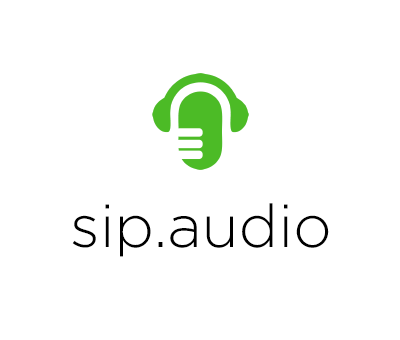| Protocols: |
EBU Tech 3326 / N/ACIP (for AoIP) SIP (for VoIP) STUN/TURN (for NAT traversal) Direct Media (for point to point) ISDN (for legacy connectivity) |
| Servers: |
Denver, CO, USA Los Angeles, CA, USA Manchester, United Kingdom Nuremberg, Germany Sydney, Australia Tokyo, Japan Sao Paulo, Brazil |
| Audio Codecs: |
OPUS (Direct, Relayed, ISDN*) G711 (Direct, Relayed, POTS*)) G722 (Direct, Relayed, ISDN*) MPEG-1 (Direct) MPEG-2 LII (Direct, ISDN 128 Mono+JS, 64*) MPEG-4 AAC (Direct, ISDN 128*) MPEG-4 AAC LD (Direct, ISDN 64 & 128*) MPEG-4 HE-AACv2 (Direct) MPEG-1/2 Layer III (Direct, ISDN 128*) PCM (Direct) Enhanced APT-X (Direct) iLBC (Direct, Relayed) |
| * ISDN & POTS are always relayed, so IP stream must be OPUS, G722, G711 or iLBC. | |






We have a dream. For any studio, anywhere in the world, to connect with any other studio, reporter, expert, host, remote engineer, sports ground, church, court, politician, musician, CEO, celebrity or whoever, by dialing a simple unique address.
ISDN has for many years been used by audio professionals to make such remote real time connections, but it was cumbersome, inflexible, and expensive. And now, the telecoms companies are turning it off.
Like with ISDN, SIP - and its pro-audio counterpart EBU N/ACIP Tech 3326 - allow connections between a wide range of audio codecs - both in the sense of hardware devices, and actual audio formats - but this does present the same potential obstacle of incompatibility.
SIP's Session Description Protocol can be configured in each client to offer a list of allowed codecs with the intention of finding a common format. Whilst that approach can and will be effective at times, here at In:Quality, we support and actively encourage the increasing adoption of the wideband adaptive OPUS codec for guaranteed interoperability and increased reliability across the worldwide audio production industry.
Get an instant quote for your devices, or compare our prices, and join the world's audio network today.